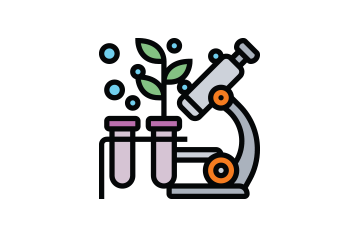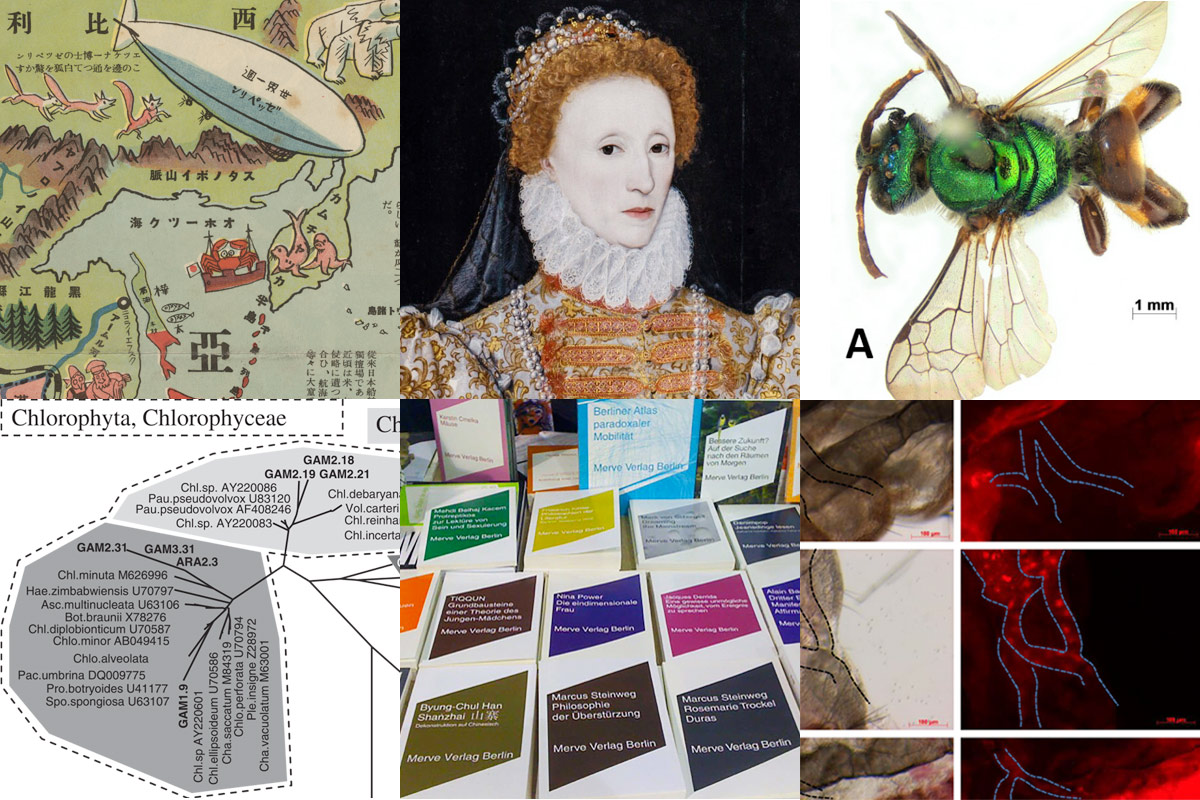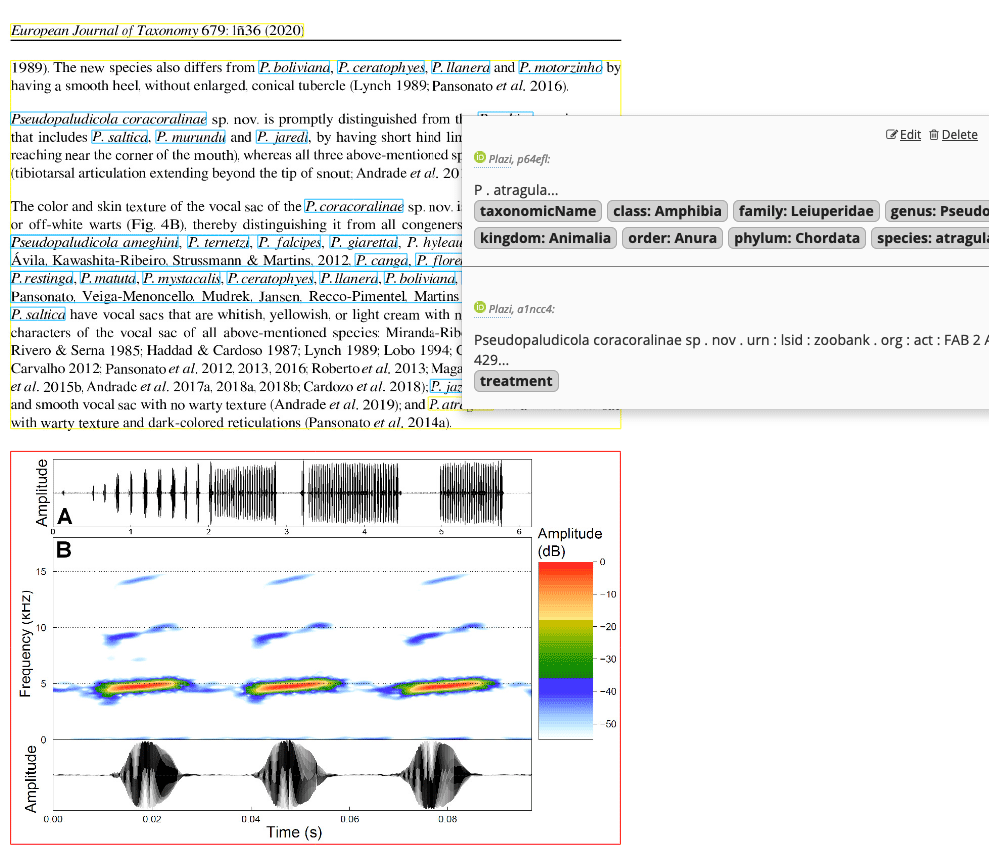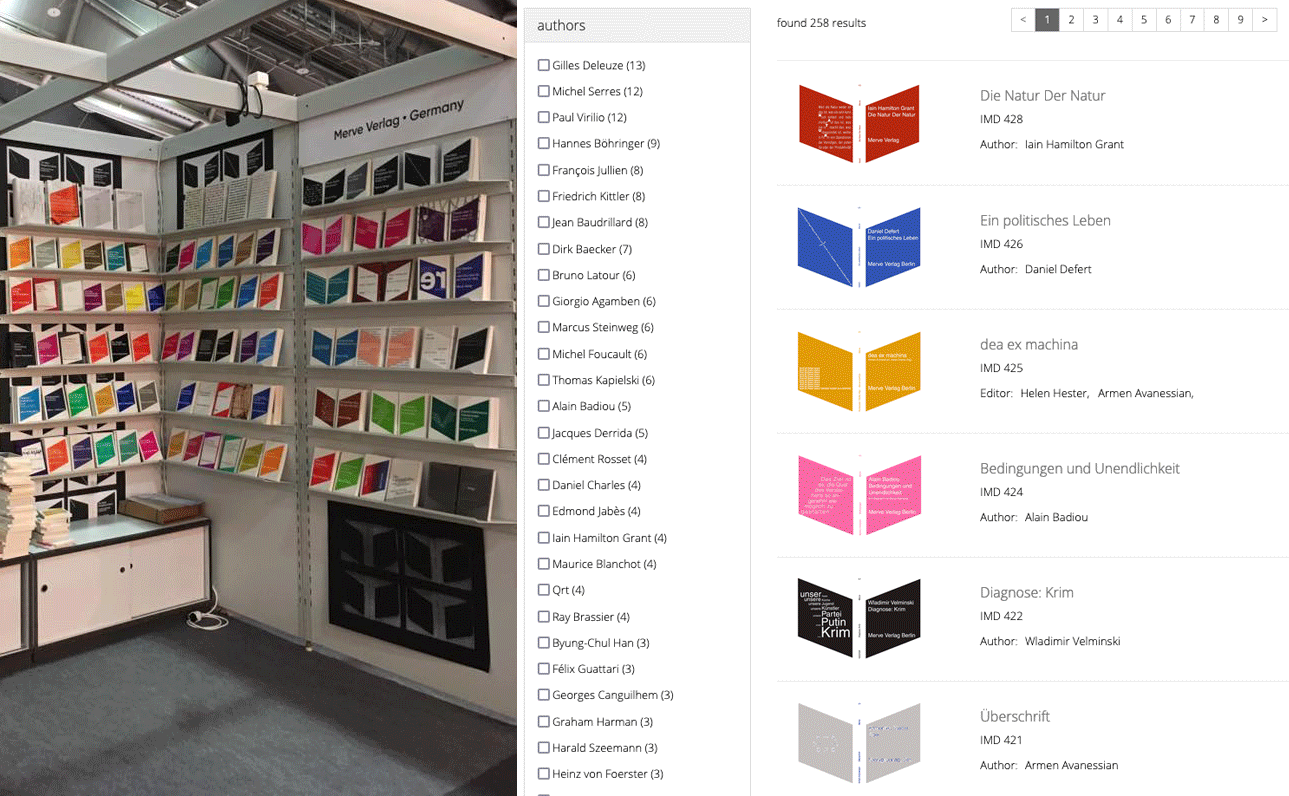hasdai
The hasdai partnership of European and U.S. institutions is managed by Data Futures GmbH and governed by a Memorandum with CERN. hasdai has extended CERN's Invenio repository technology for the life and social sciences and humanities, and it operates a network of InvenioRDM repositories and archives on behalf of its partners. Invenio forms the technology base for Zenodo, the global catch-all repository for research data, supported by CERN on behalf of OpenAIRE.
Data Futures GmbH is a not-for-profit company based in Leipzig which works on redelivery and preservation technologies and infrastructure for research data.

biodiversity
Data Futures is turning taxonomic information already analysed in copyrighted publications into new open primary research assets, using W3C's Web Annotation Data Model. Making existing research discoverable by machine applications in this way is crucial for modelling dependencies between virus-carrying populations and climate-related habitat change.

humanities
Early digital humanities research activities used database, website and content management technologies, which led to support vulnerabilities as personnel moved to other projects and technologies evolved. Data Futures offers forensic and redelivery services to transform existing investments, as well as providing standards-based support for new research workflows to establish better practices for the future.

publishing
Although high turnover texts appear in successive imprints, most books are reduced to publishers' back-catalogs when they go out-of-print. Collaborations between publishers and Data Futures have reversed this trend and created automated online reader and print-on-demand services—making key texts accessible once more.

cultural heritage
Many cultural heritage and research organizations commenced digital accessibility projects during the last 20 years, but their data has become vulnerable because of technology obsolescence. Collaborations with Data Futures are now improving long-term preservation and reuse of cultural data.

bioinformatics
Medical literature research projects are well-funded while they feature on political agendas or roadmaps of pharmaceutical companies. However sustaining funding is frequently insecure and Data Futures has transformed repositories developed with support of major funders, such as Gates Foundation, into new standards-based data resources for long-term reuse when their original funding is withdrawn.

long-term near-line data storage
Whether recycling existing research data that has become vulnerable through organizational and technology change, or creating new FAIR data resources, long-term support technologies are crucial. Data Futures has pioneered use of emerging standards, such as OCFL, to automate generation of technology-agnostic corpus archives and create secure near-line data resources for the future.



